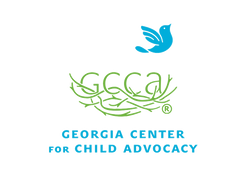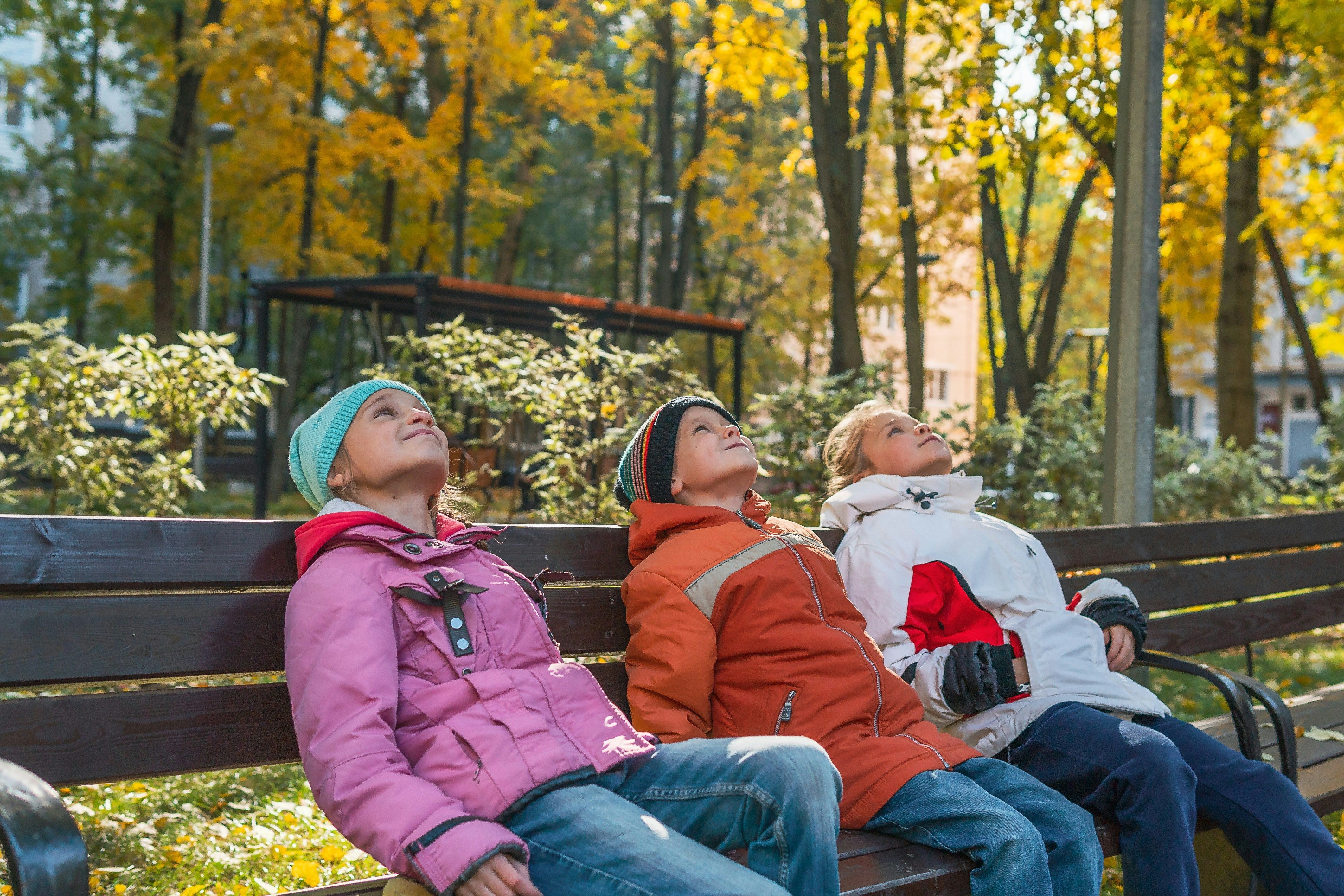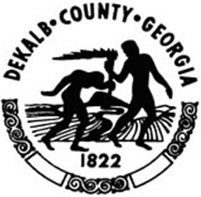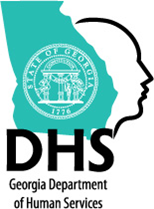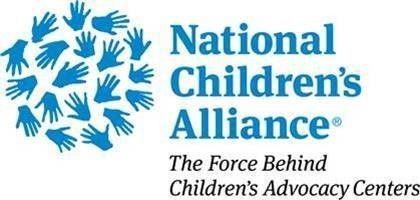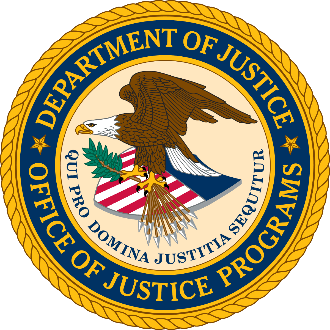What happens at the Georgia Center for Child Advocacy?
The Georgia Center for Child Advocacy is a safe, child friendly location for children to come speak with trained interviewers about difficult issues. We know you may have questions about this process. If you have questions and need answers, please call and ask to talk to a family advocate. We would rather you call than worry.
At the Georgia Center for Child Advocacy, we work with a team of professionals including law enforcement and the Department of Family and Children’s Services. When you come to the Georgia Center, you will be able to meet the professionals working on your child’s case and ask them any questions you may have.
While your child is talking to a forensic interviewer, you will meet with a family advocate who will go over the paperwork, explain the process and answer any questions that you have. After your child’s interview is complete, you will have the opportunity to speak with the detective/social worker and the forensic interviewer.
Will I be able to watch my child’s interview?
No. Only professionals directly involved in the investigation are allowed to observe the forensic interview. The interviewer will meet with you following the interview give recommendations and answer any questions you may have. We do not want you to leave with unanswered questions.
While we understand that it is hard to let your child go into an unfamiliar situation alone, we work very hard to make sure your child is comfortable. Over time, we have learned that parents have influence over their children, even when they don’t mean to do so. If a child doesn’t answer quickly enough, a parent may answer for them. Even when it is not purposeful, our statements, body language and even our looks may influence our children to respond one way or another.
Parents are also not allowed in the observation room during their child’s interview. We have several different interview rooms and to ensure confidentiality, only professionals are allowed in the observation room.
All of the interviews at the Child Advocacy Center are recorded to minimize the number of times your child will have to talk about what happened. The recording of the interview is turned over to law enforcement as part of evidence in a potential criminal case. According to law, we are unable to release the recordings to parents or concerned family members.
What do I tell my child about coming to the Child Advocacy Center?
You might tell your child:
“We are going to a special place where kids go to talk about important stuff. The person you will be talking to talks to lots of kids about different things. It’s okay to answer their questions and tell them everything. You are not in any trouble.”
Who will my child talk to?
Your child will be talking to one of our trained forensic interviewers. They have attended basic and advanced training on how to talk to children about difficult subjects. It’s important that any details about the alleged abuse be coming from the child. Our interviewers are trained to not ask suggestive questions and to move at a pace that is comfortable for your child. They never force a child to talk to them.
What will I be doing while my child is talking to someone?
You will be meeting with a family advocate. They want to answer any questions you have. If they don’t know the answer, it is their job to find out. They will listen to your worries and concerns and provide resources to help you through a difficult time. Our advocates are not therapists, but they can listen and get you the help you need.
Your other children are welcome to play in our lobby area so you can talk privately to your advocate. Our staff will keep an eye on them.
What happens after the interview?
You will be able to talk to members of the investigation team. They will tell you in general terms what they learned from the interview. You will have an opportunity to ask questions and voice your concerns.
Remember, your child’s interview is just the first step in the investigative process. There may be other witnesses that need to be interviewed. There may be physical evidence that needs to be photographed or collected. The alleged offender will be interviewed. So, at this point in the process it’s often difficult to predict what will happen. All of the information will be turned over to the county attorney who will decide whether or not to prosecute. Your advocate will keep in regular contact to let you know what is happening on the case. If you have questions at any point during the investigation or prosecution of your child’s case, please feel free to contact your advocate.
Will my child need a medical exam?
Based on the concerns involving your child, the members of the team may decide that a medical exam is needed. We work very closely with Children’s Healthcare of Atlanta to make sure children get the medical care that they need. The campuses of Scottish Rite and Hughes Spalding have specialized medical clinics to work with kids when there are concerns of child abuse. These clinics see children by appointment. However, if your child is complaining of pain or if the most recent incident happened within the last 72 hours, we recommend that you take your child to any of the three Children’s Healthcare of Atlanta Emergency Departments (Scottish Rite, Egleston, Hughes Spalding). The staff at the emergency departments will provide excellent care and service to your child and family.
Will my child need counseling?
Many children may need therapy while other children do not. Every child is unique in how they cope with difficult things in their lives. Some children may not need counseling now, but will need counseling down the road. Sometimes you may be the one who needs counseling in order to best support your child. Your advocate will listen and provide referral information. What we do know is that children who are believed and protected are able to do quite well as they move forward in their lives.
It is very important to your child’s recovery that you work with a therapist specifically trained and experienced in trauma and abuse. At the Georgia Center, we offer therapy that is specialized for children who have experienced some type of trauma. This type of therapy is called Trauma-Focused Cognitive Behavioral Therapy (TF-CBT). This treatment is offered by one of our therapists who will work with you and your child to help you both: recognize problems resulting from earlier trauma; learn skills for managing troubling thoughts, feelings and behaviors; learn relaxation skills; and learn ways to cope with difficult memories.
